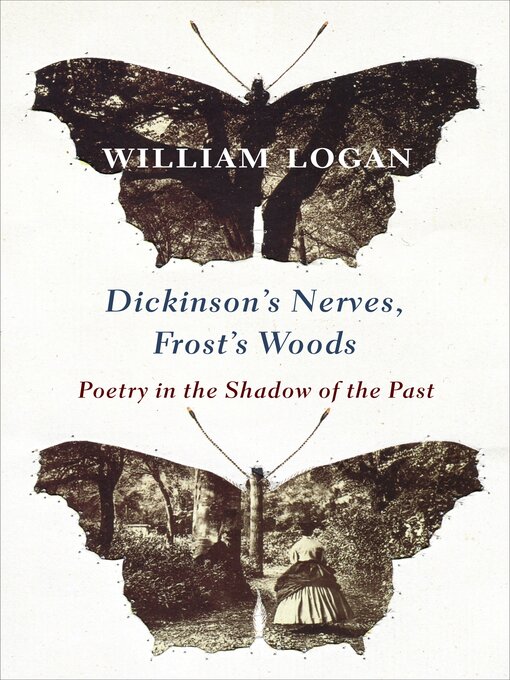In Dickinson's Nerves, Frost's Woods, William Logan, the noted and often controversial critic of contemporary poetry, returns to some of the greatest poems in English literature. He reveals what we may not have seen before and what his critical eye can do with what he loves. In essays that pair different poems—"Ozymandias," "On First Looking Into Chapman's Homer," "In a Station of the Metro," "The Red Wheelbarrow," "After great pain, a formal feeling comes," and "Stopping by Woods on a Snowy Evening," among others—Logan reconciles history and poetry to provide new ways of reading poets ranging from Shakespeare and Shelley to Lowell and Heaney.
In these striking essays, Logan presents the poetry of the past through the lens of the past, attempting to bring poems back to the world in which they were made. Logan's criticism is informed by the material culture of that world, whether postal deliveries in Regency London, the Métro lighting in 1911 Paris, or the wheelbarrows used in 1923. Deeper knowledge of the poet's daily existence lets us read old poems afresh, providing a new way of understanding poems now encrusted with commentary. Logan shows that criticism cannot just root blindly among the words of the poem but must live partly in a lost world, in the shadow of the poet's life and the shadow of the age.
- Available now
- New eBook additions
- New kids additions
- New teen additions
- Most popular
- Try something different
- NYPL WNYC Get Lit Book Club
- Spotlight: Toni Morrison
- See all ebooks collections
- Available now
- New audiobook additions
- New kids additions
- New teen additions
- Most popular
- Try something different
- NYPL WNYC Get Lit Book Club
- Spotlight: Toni Morrison
- See all audiobooks collections


